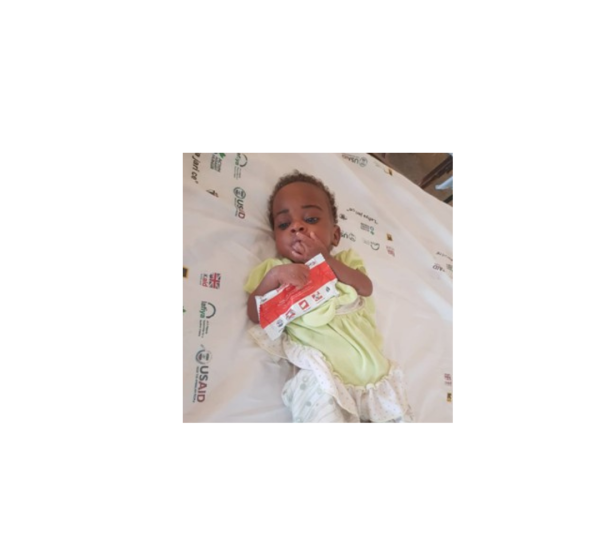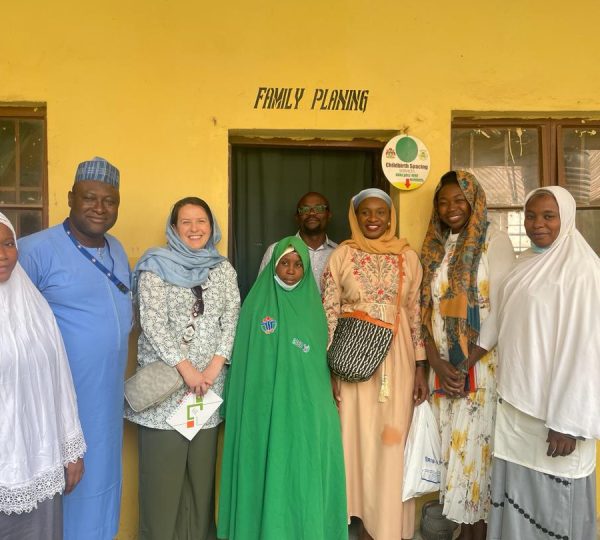COVID-19: An Opportunity for Improved Health Sector Financing in Emerging Economies by Princewill Eziukwu
COVID-19: An Opportunity for Improved Health Sector Financing in Emerging Economies
by Princewill Eziukwu
In December 2019, the world woke up to news of the Coronavirus outbreak. The virus which originated from the Wuhan district of the Peoples Republic of China has several similarities with the Severe Acute Respiratory Syndrome (SARS) outbreak in China in the year 2003. As at the time of writing this piece, the World Health Organisation had recorded global mortality to be over 100,000 with about 2 million people still infected. These alarming numbers have resulted in the shutdown of the global economy like has never been done before.
The impact of this pandemic can be broadly grouped into two categories:
- The pandemic as a national health emergency
As a result of its exponential rate of spread, the coronavirus can overwhelm the health system in little time as is currently the case in Nigeria and other affected countries. Another effect of the disease is the diversion of human and financial resources from other critical health challenges like Ebola, Malaria, HIV/AIDS among others. This may in turn, lead to the loss of already gained grounds in the fight of these other diseases. If not controlled, the increased rate of unemployment as a result of the lockdown could lead to poverty which in most cases is a precursor for compromised health status.
- The pandemic as an economic challenge
The economic impact of this pandemic will be quite devastating particularly for emerging economies in Africa. As at the time this article was written, Africa had about 7,000 confirmed cases with a death rate of less than 2%. However, the continent can be said to be worst hit considering other factors. One key factor is the mono-primary commodity export in most African countries, of which price falls will lead to a great loss of income in these countries. Another factor is the dominant informal sector in the economy. Contrary to what is obtainable in Western economies, African economies are still very nascent with the majority of its citizens operating in the informal sectors. The approach of locking down the economy has therefore caused considerable hardship to a large number of citizens. Overall, limited fiscal policy space in emerging economies has also contributed to the hardship being experienced by the citizens. Many African countries have high debt to revenue ratios, of which a reduction in commodity prices will be unable to meet the basic operating and administrative costs. Also, there is limited health insurance in emerging economies which leads to high out of pocket health expenditure and these have further increased poverty rates.
One of the most hit areas of the economy during this pandemic is foreign reserves and currency values. Many emerging country’s 12 months forward price is trading at approximately 50% reduction when compared with the USD and other currencies. It is reported that the Naira is currently trading at over 500 naira to a dollar in the forward market. This is an over 42% reduction when compared with the currency’s trading average of N360 before the pandemic.
Epidemic preparedness and health sector funding models have also been seriously tested at this time. African Countries that religiously followed through the Abuja Accord of 2001 are better positioned to withstand the economic impact of the pandemic while on the flip side, countries that failed to meet the Abuja Accord target are more vulnerable as a result of the pandemic which is already over stretching frail health systems. This pandemic has provided a critical juncture for policymakers to review all possible approaches to better health financing. There is no better time to understand and agree that health is indeed wealth and should take precedence in all budgetary and financing decisions of the government. It is expected that going forward, there must be a convergence between the private sector, donor agencies and the government. This convergence will be important in addressing the weaknesses the COVID 19 pandemic has amplified.
Bracing Solutions
On April 6th, 2020, the Nigerian Finance Minister rolled out several interventions to address the pandemic which among other things includes an N500Billion intervention fund to build and maintain various primary health care facilities across the country. While this is a welcome development, an enabling environment should be created and sustained. This enabling environment is necessary to assist the private sector to further invest in the revamp and management of primary healthcare facilities across the country which will bring Nigeria closer to achieving universal health coverage (UHC). Investment in infrastructure only will not be sufficient to address the weaknesses in Nigeria’s health sector. There is a need to reduce the burden of care for basic ailments on secondary and tertiary health facilities by improving and sustaining PHCs.
Improved business financing during a pandemic
Improved micro and medium scale enterprise investment will have to be another approach for all Central Bank’s development finance investments. On 27th March 2020, the central bank of Nigeria reeled out several interventions aimed at assisting businesses facing challenges as a result of the lockdown. While this is a welcome intervention, the review of the requirements from the Central Bank revealed certain requirements that small-scale businesses will not be able to meet to access the funds. To address this, the Central Bank should lower the requirements for accessing these funds and target high – impact job-generating sectors during the lockdown and after. However, while this may have short term positive impact as a considerable amount of the funds will go into food purchases, in the long run, it may lead to inflation. Therefore, target interventions are critically encouraged at this point.
General budgetary allocation and resources available to the Health Sector
The Corona Virus Pandemic has once again exposed countries that failed to critically invest in their respective health sectors. For over a decade, Nigeria has invested less than 5% of its annual budget to the health sector. With improved health sector financing, strengthened accountability mechanisms and public-private partnerships, Nigeria will be better prepared for future emergencies.
Indeed, the COVID 19 pandemic has provided us with an avenue to evaluate the way we have been doing things. It has also provided us with an opportunity to re-assess the government’s preparedness to address future pandemics. It is therefore imperative that health policymakers take advantage of the low hanging fruits from this pandemic such as the importance of improved health financing mechanisms, the correlation between health and economic growth and increased attention to disease prevention rather than treatment. In conclusion, it is hoped that this pandemic serves as a catalyst for improved financial, economic and health policies in Nigeria.




